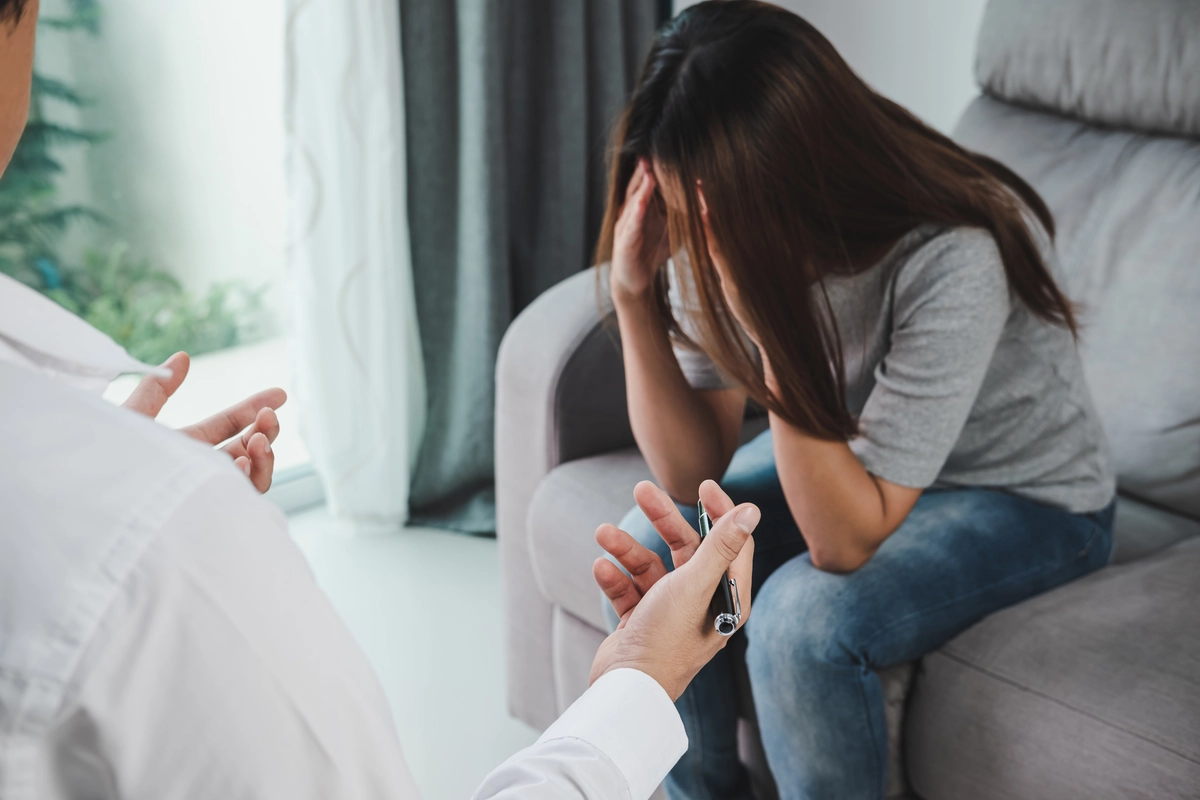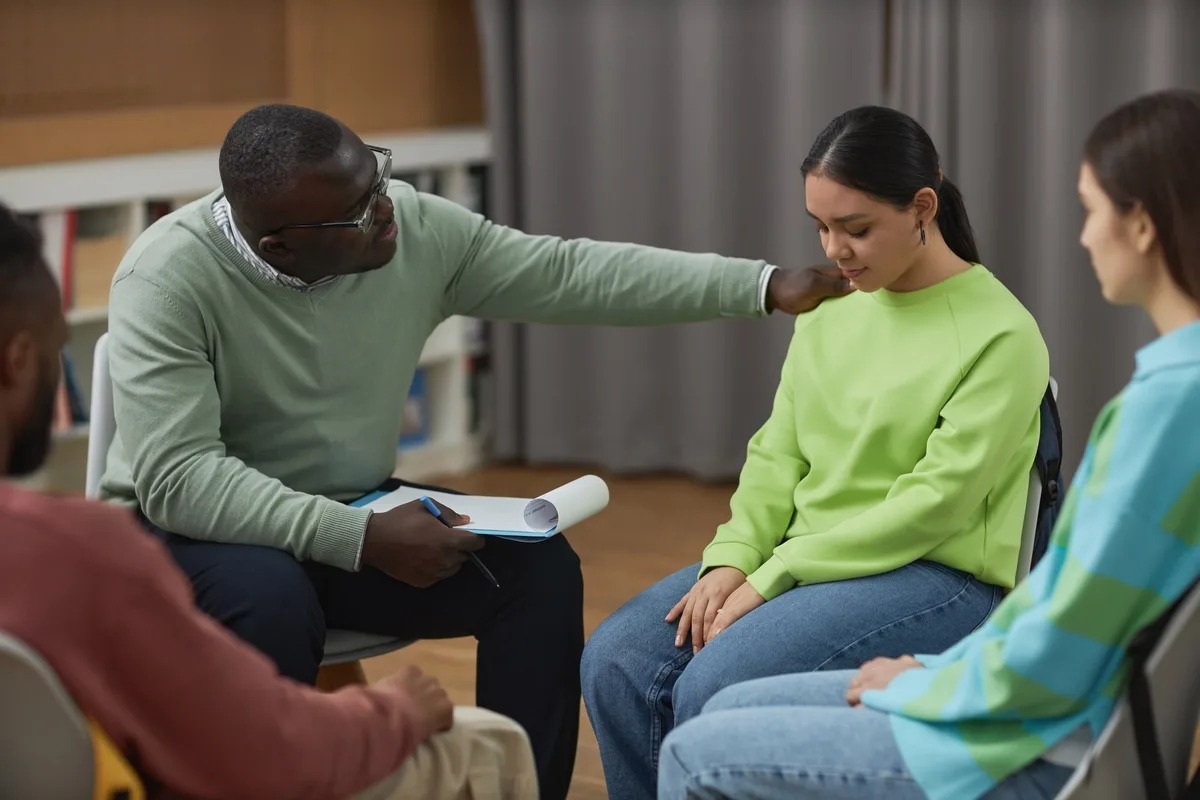24/7 Helpline:
(866) 899-221924/7 Helpline:
(866) 899-2219
Learn more about Eating Disorder Treatment centers in Kure Beach
Eating Disorder Treatment in Other Cities

Other Insurance Options

Evernorth
Beacon

Magellan

Multiplan

MVP Healthcare

Anthem

Health Net

Private insurance

Lucent

Coventry Health Care

Oxford

Group Health Incorporated

BlueShield

State Farm

PHCS Network

WellPoint

United Health Care

Sliding scale payment assistance

Health Choice

Regence












